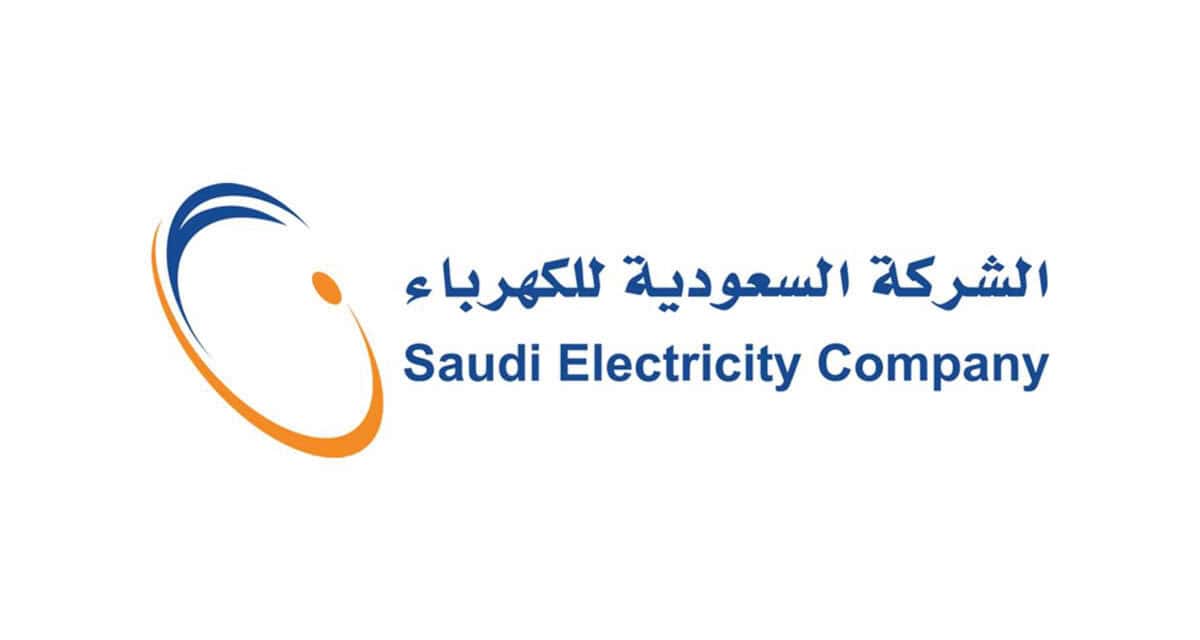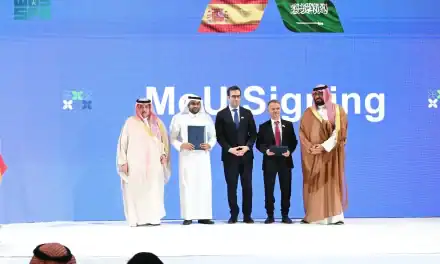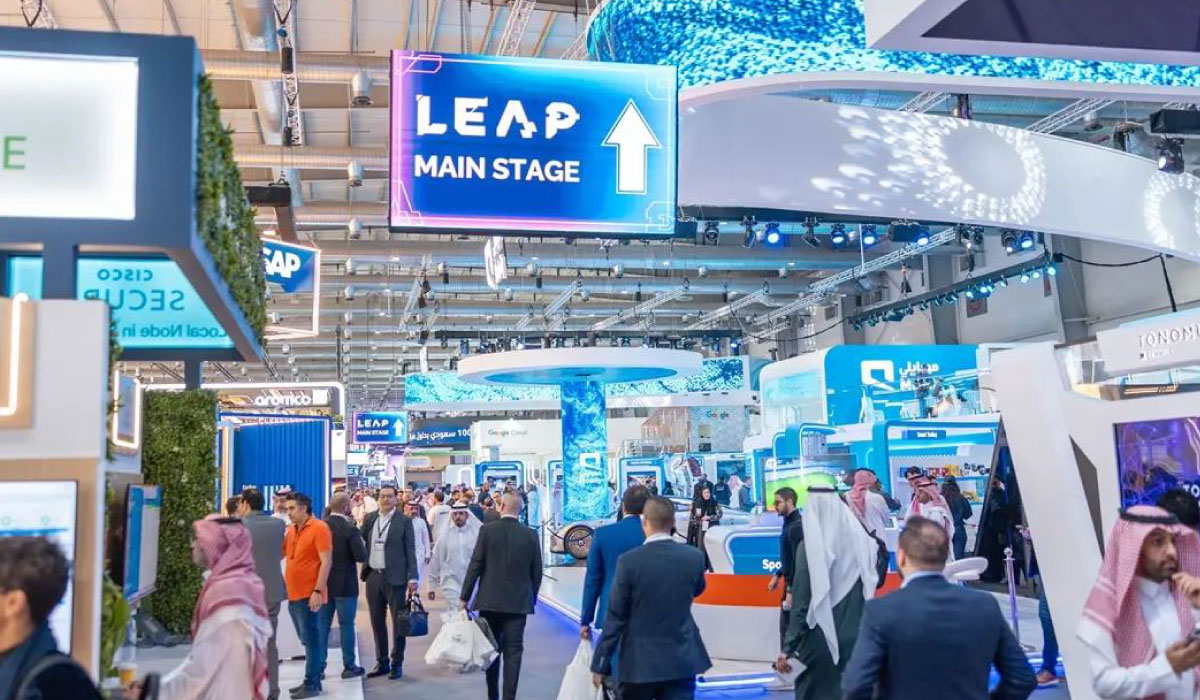Riyadh — The Saudi Electricity Company (SEC) reported a 23% year-on-year surge in revenue for the first quarter of 2025, reaching SAR 19.5 billion, driven by rising electricity demand, strategic investments, and expansion of its regulated asset base.
Gross profit rose by 34.3% to SAR 2.9 billion, while operating profit increased 16.2% to SAR 2.3 billion. Despite higher financing costs, net profit grew 7.9% to SAR 968 million, up from SAR 897 million in Q1 2024.
CEO Eng. Khalid Bin Salem Al-Ghamdi attributed the strong results to the company’s large-scale investment projects, enhanced operational efficiency, and expanding energy infrastructure aligned with Vision 2030. “We are creating long-term sustainable value while supporting Saudi Arabia’s energy transformation,” he said.
SEC added 60,300 new customers in Q1, bringing the total to 11.37 million. The distribution network expanded to 816,000 circuit kilometers, with transmission and fiber networks growing by 4% and 7%, respectively.
The company continued to invest in digital transformation, automating 37.5% of distribution stations and improving customer satisfaction to 87%.
On the power generation front, installed capacity reached 56 GW, with an additional 23.4 GW under development. Key projects include the 3,010 MW Qurayyah IPP expansion, which may feature a carbon capture unit, and conversions from liquid fuel to natural gas to boost thermal efficiency and cut emissions.
Renewable energy integration advanced, with 6.7 GW already connected and 34.4 GW planned by 2027. SEC is also developing 22 GWh in battery storage capacity, including a newly inaugurated 500 MW project in Bisha.
To support expansion, SEC raised USD 2.75 billion in dual-tranche unsecured Sukuk, including a USD 1.25 billion green Sukuk—marking the tightest spread ever achieved by a Saudi company. The financing received strong global investor interest, underlining confidence in SEC’s long-term strategy.
In March 2025, S&P upgraded SEC’s credit rating to A+ with a stable outlook. The company maintains high investment-grade ratings from Moody’s (Aa3) and Fitch (A+), reflecting its financial strength and central role in the Kingdom’s energy sector.






